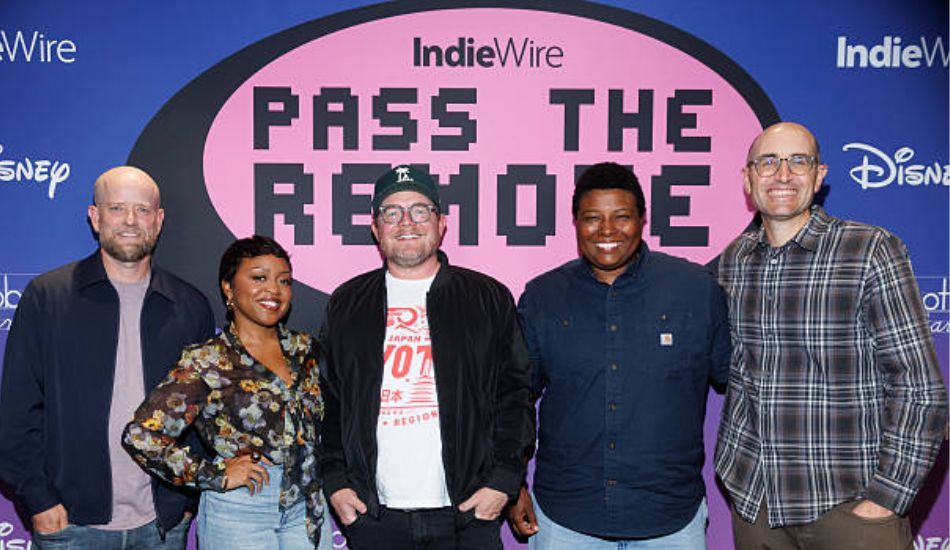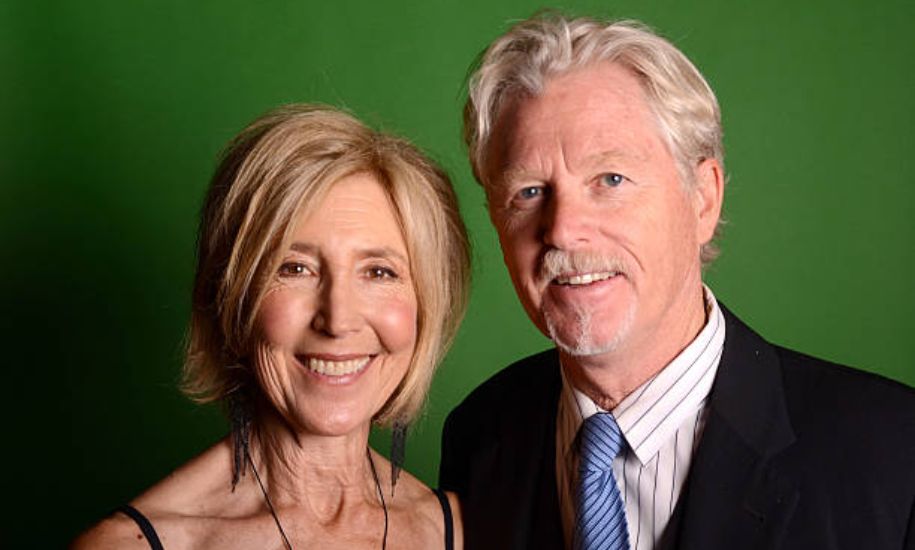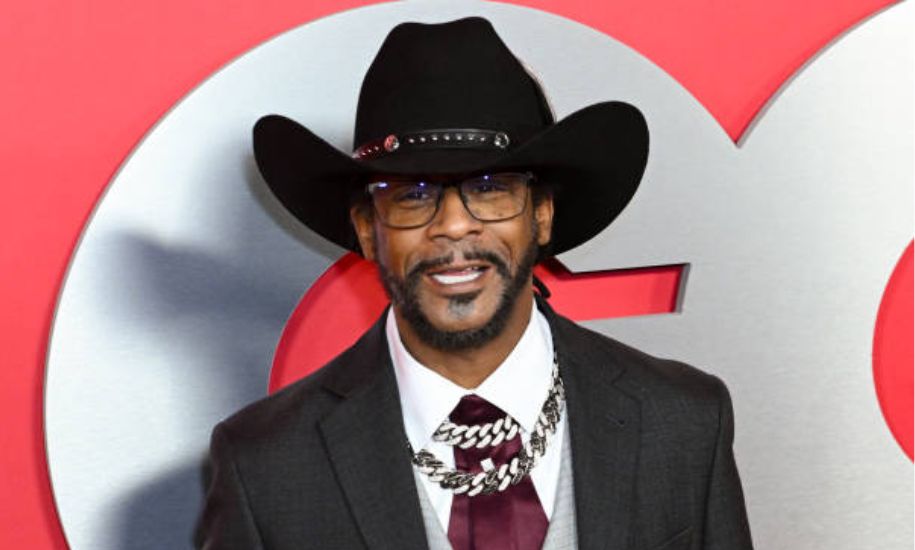Who Is Brian Nichols? A Deep Dive into His Life, Crimes, and Myths

The name Brian Nichols has become synonymous with one of the most shocking courthouse tragedies in American history. His name trends occasionally online, often tangled in confusing search results linking him to “Bridgerton,” “Chipotle,” or celebrity-style topics like “net worth” and “family.”
However, separating fact from fiction reveals that Brian Gene Nichols is the man behind the infamous 2005 Atlanta courthouse shootings—a case that forever changed courtroom security procedures across the United States.
This article uncovers who Brian Nichols truly is, his early life, the events that made him infamous, and clears up the misinformation circulating online.
Early Life and Background
Brian Gene Nichols was born on December 10, 1971, in Baltimore, Maryland. He spent his formative years in the Baltimore area and attended Cardinal Gibbons School, where he was known as a quiet but athletic student.
In 1989, Nichols enrolled at Kutztown University of Pennsylvania, where he briefly played college football. Despite showing early promise, he dropped out around 1990 and later relocated to Georgia in 1995 in search of new opportunities.
Before his arrest, Nichols worked for major corporations, including Hewlett-Packard and UPS. He was generally viewed as intelligent and personable—traits that made the later crimes all the more bewildering to those who knew him.
The Atlanta Courthouse Rampage of 2005
The defining moment in Brian Nichols’s life came on March 11, 2005. While awaiting retrial on charges of rape, kidnapping, and assault, he was being escorted by a sheriff’s deputy to the Fulton County Courthouse in downtown Atlanta.
Inside an elevator, Nichols overpowered the female deputy, Thelma Hutchins, beating her severely and stealing her service weapon. Wearing her clothes, he then walked into the courtroom where his trial was scheduled to begin and opened fire.
During his rampage, Nichols killed:
- Judge Rowland Barnes
- Court reporter Julie Brandau
- Deputy Sgt. Hoyt Teasley (outside the courthouse)
- Federal agent David Wilhelm, later that night
The murders sent shockwaves across the country, prompting an immediate lockdown of downtown Atlanta and a manhunt involving local, state, and federal authorities.
The Manhunt and Capture
Nichols’s escape triggered one of Georgia’s largest law-enforcement operations. For 26 hours, Atlanta was gripped by fear as authorities searched door-to-door.
The manhunt ended when Nichols took Ashley Smith, a woman living in Duluth, Georgia, hostage in her apartment. In a surprising twist, Smith calmly read to him passages from Rick Warren’s book The Purpose Driven Life and convinced him to surrender peacefully.
Her bravery turned the tide, ending the siege without further loss of life. Nichols surrendered to police on March 12, 2005, roughly 26 hours after his escape.
Trial and Sentence
The trial began in 2008 after years of procedural delays. Nichols faced 54 criminal counts, including multiple charges of murder, kidnapping, and armed robbery.
On November 7, 2008, he was found guilty on all counts. Prosecutors initially sought the death penalty, but the jury could not reach a unanimous decision, leading the judge to impose multiple life sentences without parole.
Nichols remains incarcerated in Georgia, serving his sentences at a maximum-security facility.
Brian Nichols’s Age
Born in 1971, Brian Gene Nichols is 53 years old as of 2025 (turning 54 in December). His age highlights how long this tragic case has remained etched in public memory—nearly two decades after the events that changed Atlanta forever.
Net Worth and Financial Status
Despite numerous online searches like “Brian Nichols net worth”, no legitimate financial record exists.
Because Nichols has been imprisoned since 2005, he has no verifiable income or assets. Claims on low-credibility sites citing “net worth $77 million” are entirely fabricated. Nichols is a convicted criminal, not a businessman, celebrity, or entrepreneur—so any reported net worth is fictional.
Family and Personal Life
Parents and Father
Public records reveal very little about Nichols’s parents. While some local papers from his early life mention that he grew up in a “stable middle-class family” in Baltimore, the identities of his mother and father remain undisclosed.
Siblings — Brothers and Sisters
There are no verified records of siblings either. Some internet users speculate about a “James Nichols” being related, but there is no credible connection between Brian Gene Nichols and any James Nichols in official case documents.
Marital Status and Children
Before his arrest, Nichols reportedly had a girlfriend—the woman whose accusations led to his initial rape charge—but no publicly available marriage certificate or spouse information exists. Similarly, there is no verified information confirming that he had children.
Thus, most “Brian Nichols married to” or “Brian Nichols kids” queries circulating online are unsubstantiated.
“Bridgerton” and “Chipotle” — The Online Confusion
Internet searches frequently associate Brian Nichols with two unrelated topics: Bridgerton and Chipotle. Both connections are based on mistaken identity.
Bridgerton Confusion
Some articles and blog posts list “Brian Nichols Bridgerton” — but the correct name is Brian Nickels, a British stunt coordinator who worked on Bridgerton and sadly passed away in 2020. The show’s second season was dedicated to him.
Chipotle Misidentification
Similarly, the CEO of Chipotle Mexican Grill is Brian Niccol, not Nichols. The spelling difference (Niccol vs Nichols) leads to frequent confusion on social media and blogs.
In reality, Brian Gene Nichols has no association with either the Netflix series Bridgerton or the restaurant chain Chipotle.
Life in Prison
Since his 2008 conviction, Brian Nichols has lived behind bars under maximum security. Georgia’s Department of Corrections has confirmed that he serves multiple life sentences without the possibility of parole.
There are no verified reports of Nichols giving public interviews in recent years, though some journalists and documentary makers have requested access for retrospectives on the case.
Within prison records, Nichols is noted as a well-behaved inmate, showing no major disciplinary infractions since his incarceration.
Impact on Atlanta and Court Security
The 2005 shooting sparked a national conversation about courthouse safety and procedures. In its aftermath, Fulton County and other jurisdictions invested heavily in new security measures:
- Additional metal detectors and checkpoints for court staff.
- Increased training for deputies in transport and custody protocols.
- Clear separation between defendants and court employees during pre-trial movements.
Even two decades later, Atlanta residents and legal professionals still recall the panic and loss from that day. Victims’ families continue to honor the lives of Judge Barnes, Julie Brandau, Hoyt Teasley, and David Wilhelm.
Media Coverage and Public Perception
At the time, major news networks like CNN, NBC, and ABC provided round-the-clock coverage. The story was later revisited in true-crime documentaries, podcasts, and case studies.
However, the media’s portrayal of Brian Nichols often sparked debate about how suspects with no prior violent records could commit such acts. Psychologists speculated that stress, narcissism, and an overblown sense of victimhood may have played roles.
Despite his infamy, Nichols himself has remained silent on his motivations, leaving many questions unanswered.
Legacy of the Case
The Brian Nichols case remains a landmark in criminal-justice history for its wide-ranging impact on security policy and public awareness.
In 2008, Ashley Smith—the woman he held hostage—published a book titled Unlikely Angel, later adapted into the 2015 film Captured: The Ashley Smith Story. Her account portrayed Nichols as disturbed but human and inspired by her courage to surrender.
The film and book became symbols of redemption and hope amid tragedy. Smith’s bravery has since been recognized by numerous community organizations.
Misidentifications and Common Confusions
To avoid repeating internet misinformation, let’s clarify the three people whose names are often mixed up online:
NameOccupation / Claim to FameStatusBrian Gene NicholsAtlanta courthouse shooter (2005)Imprisoned for lifeBrian A. NicholsU.S. diplomat (Assistant Secretary of State for Western Hemisphere Affairs)Active government officialBrian NiccolCEO of Chipotle Mexican GrillBusiness executiveBrian NickelsStunt coordinator for Bridgerton and other TV showsDeceased (2020)
As this table shows, many Google search results for “Brian Nichols Bridgerton” or “Brian Nichols Chipotle” stem from misspellings and not from the same individual.
Conclusion
Brian Gene Nichols’s story is one of tragedy, violence, and the search for understanding in the wake of chaos. He was a former college athlete whose life spiraled into a path that shocked the nation. The 2005 Atlanta courthouse shooting remains a cautionary tale about security vulnerabilities and the unpredictability of human behavior.
Yet amid the horror, Ashley Smith’s courage offered a glimpse of grace and forgiveness, turning a day of darkness into a story that still inspires people today.
For verified biographies, true-crime features, and deep dives into complex personalities, visit our official blog fanzineblog for more stories like this.

